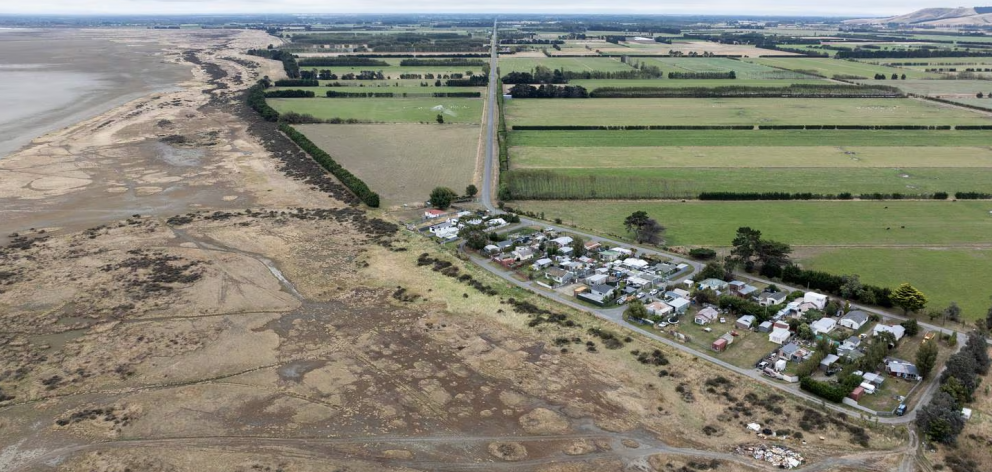
Don traces his whakapapa back to pre-Ngāi Tahu Ngati Māmoe and Waitaha, iwi which used the lake as a valuable food source 400-500 years ago.

Ngāi Tahu told hut owners it would not renew their leases past this year due to inadequate wastewater systems, compliance issues and the lack of a reticulated drinking water supply.
The iwi received the land hut owners occupy as part of the Waitangi Tribunal settlement in 1998.
But Don and others say they won’t go.
“They’ll have to get the bailiffs in,” he said.
Don said the iwi is going against its principles.
“They (Ngāi Tahu) have discomfort in what they are doing. They know that it is not in their tribal philosophy.
“If you applied Māori principles to the whole community it does not gel, but when you do it to a tribal member it is even more vicious.”
Hut owners also have to pay for the removal of their structures, something that has also angered them.Some say they will have nowhere to go post June 30, steeling their resolve to stay.
Ngāi Tahu would not say when asked by The Star what would happen if hut residents refused to go, or if it would file for eviction in court.
“Our preference is to work with the leaseholders to ensure a smooth transition at Greenpark Huts,” the iwi’s strategy and environment group head Jacqui Caine said.
But if residents refuse to leave, Ngāi Tahu would have to file for eviction notices with the district court.
If successful, the court would appoint a bailiff who may be supported by police to evict people.
Leaseholders can oppose eviction notices in court. It is against the law for Ngāi Tahu to evict residents themselves.













